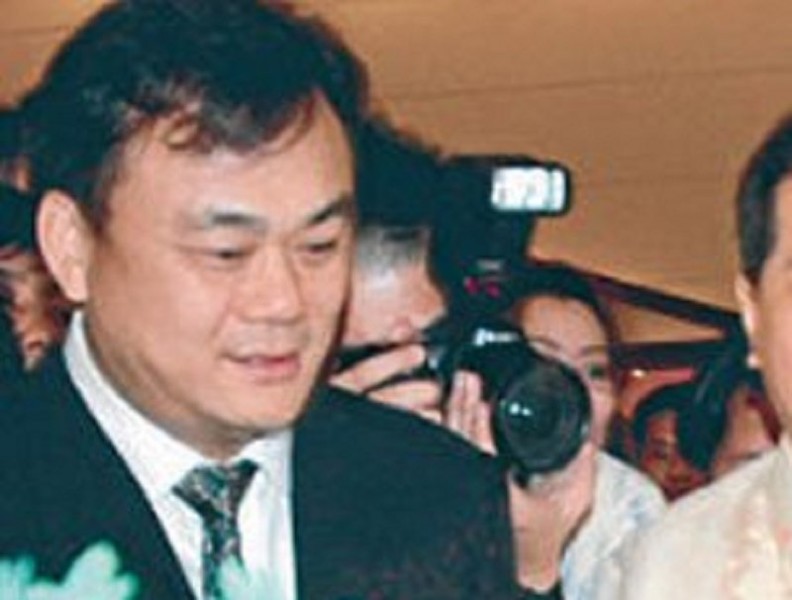Jack Lam is on the lam. It’s a pun hard to resist, but there’s more to it than plain jesting. Troubling implications about the motives and methods of the war on criminality that the Duterte administration is waging are onceagain unavoidably raised with the increasingly curious case of Lam. The Chinese gambling operator has been accused by the government of, among others, employing 1,316 Chinese nationals without the proper work permits in his online gaming office in Pampanga, attempting to bribe Justice Secretary Vitaliano Aguirre II, and committing economic sabotage.
No charges have yet been filed against Lam, who has managed to flee the country, but that did not stop President Duterte from ordering his arrest even without a warrant, on grounds that economic sabotage is a continuing offense. That was about 10 days ago. Last week, the President changed his tune by saying Lam could return to the Philippines—in fact, resume his business—once he pays the proper taxes. Lam will no longer be arrested, he said, if the gambling operator manages to “settle his obligations.” He added: “Just pay taxes, don’t bribe anybody.”
Is there a case against Lam, or none? The perception that unfortunately arises from the way this issue has unfolded so far is that the President’s whim and temperament for the moment are driving the prosecutorial action against Lam, rather than any solid evidence the government may hold against him. Consider the bribery allegations: Aguirre brought up the original scenario—that Lam’s interpreter Wally Sombero, a former police official, attempted to bribe him and Philippine Amusement and Gaming Corp. chief Andrea Domingo when Sombero interceded for Lam. But, Aguirre would subsequently clarify, there was no “overt act of bribery” and it “was only my perception.”
Think of it: Aguirre, the justice secretary, airs a grave criminal allegation against someone one moment, and then dismisses it as flimsy imagining the next, as if he were merely thinking aloud. Think of the danger such reckless behavior could unleash on ordinary individuals subjected to his hyperactive “perception”—if indeed that was all there was to Lam’s case. As it happens, Aguirre’s clarification meant nothing for his boss, who still ordered the arrest of Lam—partly based on the bribery allegation that his justice secretary said never happened!
Strangely, Mr. Duterte has not ordered the arrest of Sombero, who, after all, according to Aguirre initially, was the instigator of the bribe offer. Nor is there any action yet against two immigration commissioners who, in a lurid sideshow to this story, allegedly extorted P50 million from Lam. According to columnist Ramon Tulfo, an ardent supporter of the President, the commissioners are not only appointees of the administration, they are also Mr. Duterte’s “brods” in Lex Taleonis, the law fraternity at San Beda College. “President Digong will surely be fuming with anger” once he learns about this, Tulfo wrote.
Is he? Would he? Mr. Duterte appears to have considerably softened his stance against Lam with his announcement allowing the gambling operator’s return as long as he pays the proper taxes. Good point—but that isn’t even the biggest of Lam’s alleged sins, if we are to go by the administration’s pronouncements. Lam has to face the more consequential charge of economic sabotage—specifically, for the over 1,000 Chinese illegals he had hired for his Pampanga operation. Unlike the “perception” of bribery, this actual undertaking can be cross-checked with paperwork, documents and the very actions of public officials: How did those Chinese workers manage to get in without the right documents, in the first place?
This case is crying out for a proper, thorough and transparent investigation, and not the erratic, capricious prosecution that the administration appears to be running so far. Jack Lam is on the lam, and all the President’s horses and all the President’s men can’t seem to get their act together on it.


